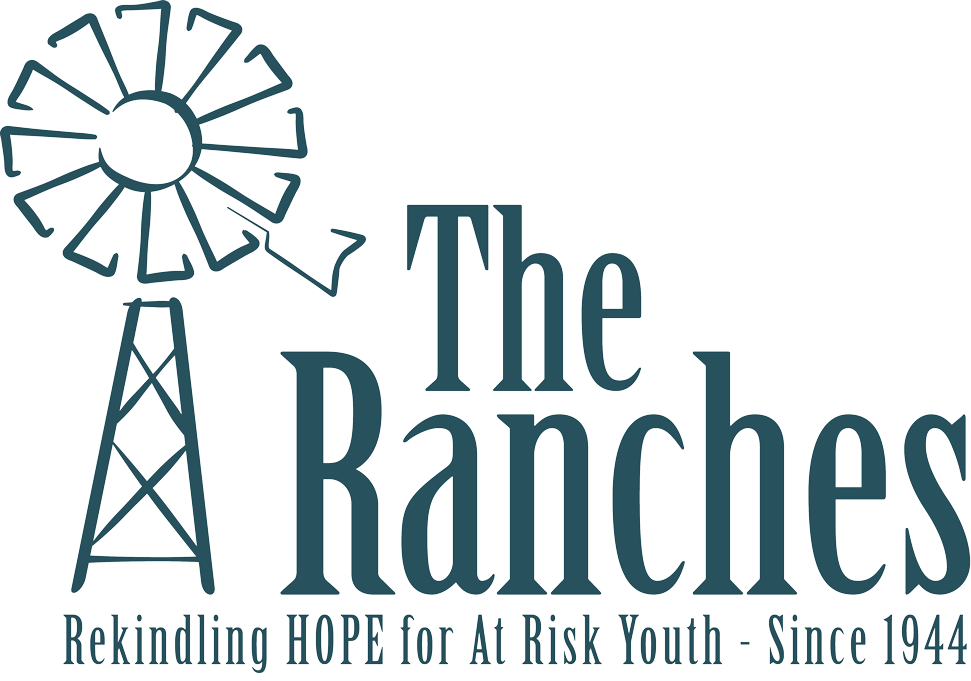Altruism – the belief in or practice of disinterested and selfless concern for the well-being of others.
Narcissism – selfishness, self-centeredness, ego driven with a grandiose sense of self involving a sense of entitlement, a lack of empathy – to the point of being incapable of empathy – and a need for admiration, as characterizing a personality type.
While it may seem oxymoronic, there are indeed people who have narcissistic traits and tendencies who seemingly practice altruism in their dealings with people; and even in their career pursuits.
While covert and malignant narcissists rightful garner most of the attention when shedding light on narcissism, there are those who present themselves as altruist but harbor significant narcissistic tendencies.
At its core, narcissism is about control – especially for altruistic narcissists. For those closest to altruistic narcissists, this control takes the form of reminders that the narcissist involved gives and gives and therefore should be appreciated and praised. For those outside of the relationship bubble of the altruistic narcissist, those who the altruist doesn’t want to help, praise is usually heaped upon the altruistic narcissist for their benevolence and generosity. “You do so much for so many…” But, to those who are being controlled by and who are intimately involved with the altruistic narcissist, this praise is, at the very least uninformed, undeserved and misplaced. It is also irritating to listen to.
I happen to be in a business that is altruistic by nature and is also ministry. This provides the perfect scenario for an altruistic narcissist as their selfish need for praise and attention (and they must always be the center of attention with the spotlight shining brightly upon them) means that they are constantly working to have their need for attention “fed” by doing “good” for others and in front of others. This dynamic is, unfortunately, built into the work and their unquenchable need for control is met by a never ending supply of needy and willing participants in need of help and primed for reliance upon a generous benefactor for emotional and financial support. The thing is – altruistic narcissists are fueled by praise and reliance upon them for support. Unfortunately, they require from the subjects of their benevolence either a willingness to be controlled or a tolerance for being manipulated. They tend to place “golden handcuffs” on the people that they help and are only happy when they are the only person that others can truly rely upon for support. The support, however, is anything but altruistic as it always comes with the significant string of never being able to criticize or disagree with them. “I help you and you better appreciate it, damnit!”
It is often near impossible to hold an altruistic – or really any kind of narcissist – accountable for their worst behaviors and actions. “You’d be nothing without me” and “I do everything for you” and “you couldn’t exist or be happy without me” are often the victim statements that serve as their “defense mechanisms”. These statements and thoughts are really just a part of their engrained operating system that dictates that they are either the victim or the hero in every story; never the villain. In their twisted way of thinking, altruistic narcissists become the victim of other people’s attempts at accountability. Sadly, unlike most other narcissists, altruistic narcissists find it next to impossible to hold others accountable as it puts the praise that they so desperately need, in jeopardy. In most cases, the altruistic narcissist cannot engage in a meaningful or productive attempt to hold another accountable and, as if on cue, the narcissist falls into the victim stance and withdraws emotionally and even physically. In essence, they shun those that they are wanting to hold accountable in an effort to regain the praise and control dynamic. This tactic is fiercely effective until or unless the shunning is embraced by the person being “held accountable”. If this occurs, the altruistic narcissist will usually fall into the all too predictable role of claiming that they were shunning for their own mental health (victim stance), self-care (victim stance)or accusing the shunned of ignoring them (yup, victim stance). In reality, control cannot be reestablished if the other party refuses to embrace these victim stances.
Human service organizations and ministry are naturally enticing environments for altruistic narcissists, and they often move from church to church and organization to organization in pursuit of new worshipers of their benevolence, generosity and “selflessness”. In other cases, the altruistic narcissists in my line of work stay in one organization while seeking the praise from donors and supporters while simultaneously seeking to control the very people that they are “helping” and others who are in the same work who threaten to disrupt the praise and control dynamic with genuine competence, confidence and effectiveness with those that are being helped. Altruistic narcissists will only stay in environments where their needs are being fed regularly.
I am not writing this from atop an ivory tower as I have often felt the temptation to justify my worst actions by juxtaposing those worst behaviors against all of the help that I have “selflessly” given to at-risk young people. This temptation is strong, but it is still a temptation towards the evils of control and self-aggrandizing. In essence, the temptation only classifies as a temptation due to the outcome being wrong, self-serving and selfish. As a result, I vehemently reject most praise and loathe control tactics in those that I work with. I have, in my own way, rejected one form of dysfunction for another as my sense of self-worth and self-esteem often bear the brunt of my reluctance and fear of falling into the altruistic narcissism that is so tempting. I have to work to keep myself on level ground and, at the same time, resist the lure and benefits that can be so easily accessed by justifying my own worst actions. When helpers and those in ministry seek to be praised without accountability and control others without any consequences for themselves, it is anything but altruistic. It can sure look like altruism though.
While I fully expect significant backlash for shedding a somewhat harsh light upon this subject, I am predicting that the majority of backlash will come from altruistic narcissists who are upset that I dare to question, call out, or even talk about ministry or human services as being anything but altruistic. In essence, those that perceive themselves as victims of my perceptions (based on my own experiences) will attempt to control when, where and how I express myself when it comes to this issue. I simply cannot be allowed to question their motives or behaviors as that would feel far too much like accountability. If it is truly altruistic, why would this cause the need to yank on one of the strings attached to their perceived generosity?


